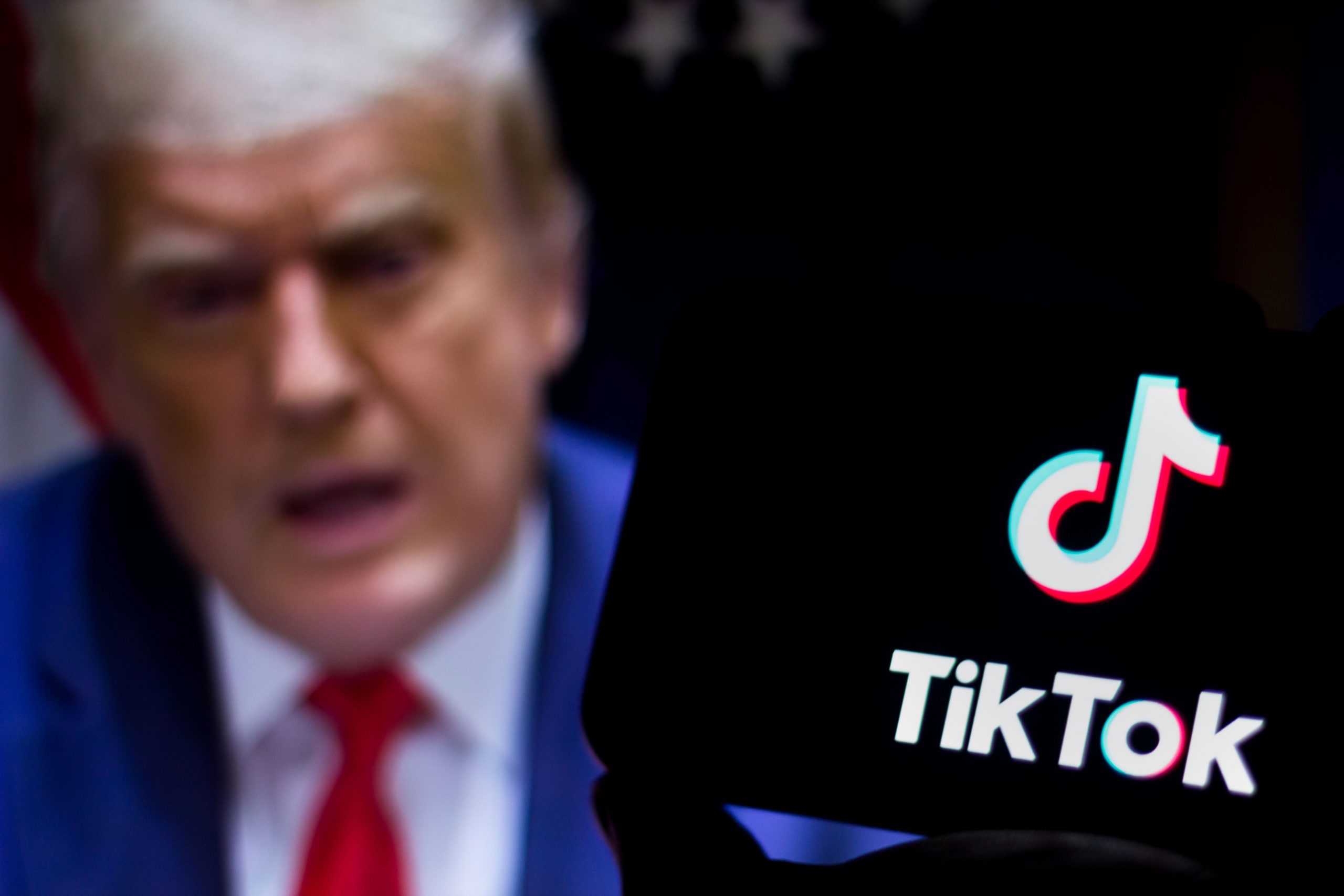Republican presidential candidate Donald Trump , who once tried to ban TikTok, has joined the social-media platform in the run-up to the U.S. presidential election in November.
Trump’s first foray on the Chinese-backed video app was a 13-second clip of himself at an Ultimate Fighting Championship event in Newark, N.J., Saturday night. It was posted on @realDonaldTrump, a verified account that had more than 800,000 followers early Sunday.
UFC President Dana White introduces Trump in the video, saying “The president is now on TikTok.” The clip cuts to the former president greeting fans in the arena.
“That was a good walk-on, right?” Trump says as the clip ends.
The decision to join TikTok is part of a continued outreach to young voters, a Trump campaign spokesman said Sunday.
President Biden in April signed a bill into law that will ban TikTok in the U.S. if its Chinese owner, ByteDance, can’t or won’t find a buyer within a year. Both Democrats and Republicans in Congress supported the TikTok measure .
Biden’s campaign team joined the app in February, during the Super Bowl. The 26-second clip showed Biden answering questions about which team he was rooting for and if he preferred the game or the half-time show. He has over 330,000 followers.
The app is one of the best ways for both campaigns to reach young American voters. More than 170 million Americans use TikTok, the company has said, and many of them are young people.
Trump had tried to ban the app four years ago as president with an executive order, an effort that was derailed by legal issues. The likely Republican presidential nominee has said he believed the app was a national-security threat . Then in March, as House lawmakers neared a vote on the TikTok legislation, Trump muddied his prior position by suggesting that a ban might be a bad idea, but then said he would leave it to Congress to decide.
TikTok has said that it would fight the looming U.S. ban of its app in court, aiming to ease the anxiety of an industry that has largely overlooked lawmakers’ data security concerns in its bid to reach consumers online. The company has repeatedly said it doesn’t share user data with the Chinese government.
The company didn’t respond to a request for comment Sunday.
Write to Ginger Adams Otis at Ginger.AdamsOtis@wsj.com



